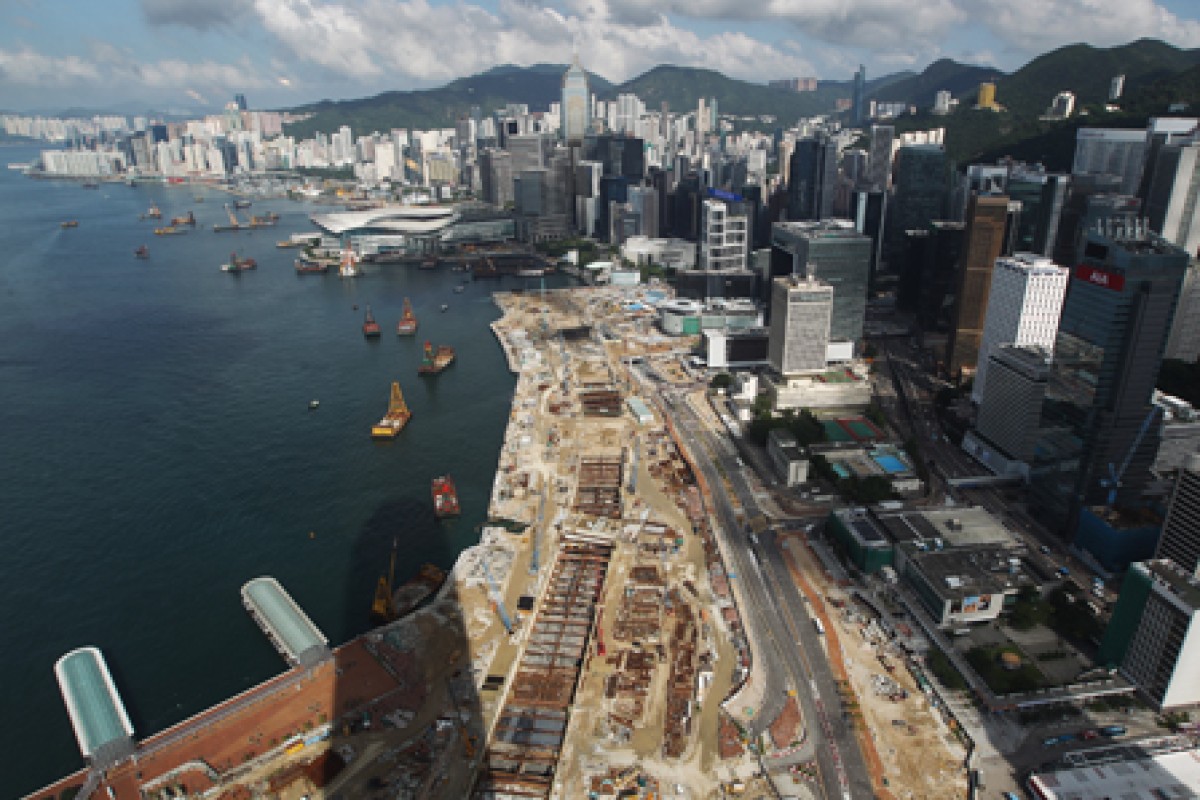
Reclamation is fast but should be a last resort
Other ways of boosting land supply harm environment less
 Hongkongers are divided over the idea of reclaiming land other than on the shores of Victoria Harbour.
Hongkongers are divided over the idea of reclaiming land other than on the shores of Victoria Harbour.Hongkongers are divided over the idea of reclaiming land outside Victoria Harbour.
The 25 per cent increase in population expected by 2039 will mean a 30 per cent rise in demand for housing. Counting all possible sources of land, the government estimates about 1,500 hectares would still have to be created.
The crux of the problem of unaffordable housing, which faces particularly those born after 1980, is that the number of public housing units of the Home Ownership Scheme is inadequate and private homes are often overpriced.
Hong Kong's government has been taking steps to replenish the stock of housing land, by altering land uses, urban redevelopment and resumption (compulsory acquisition). However, the consultation document regards these methods as "not suitable" for growing the land reserve.
These options do take time, as they involve private owners and developers, but the government seems to be keener on reclamation.
The irreversibility of the environmental, landscape and fisheries impacts reclamation inflicts is unquestionable. Some suggested reclamation sites are quite close to the ecologically sensitive southern boundaries of Hong Kong waters, involving the construction of massive artificial islands and connection of islands. These look like impractical options.
It would be more sensible to narrow it down to a few possible sites based on environmental and social impact assessments, making space mainly for public housing - not more luxury apartment complexes with a sea view.
Further industrial areas or surplus school sites could be rezoned, abandoned agricultural land resumed and old private building blocks redeveloped. The land obtained could be used in 2039.
Only when these are all used up should we consider the least preferred options: encroaching into parts of the country parks or reclaiming land.
The consultation document's promotion of reclamation puts the cart before the horse. Nevertheless, it may spark a long-awaited discussion on ways to adjust our long-term housing, immigration and welfare policies to address future demand for land ahead of time.